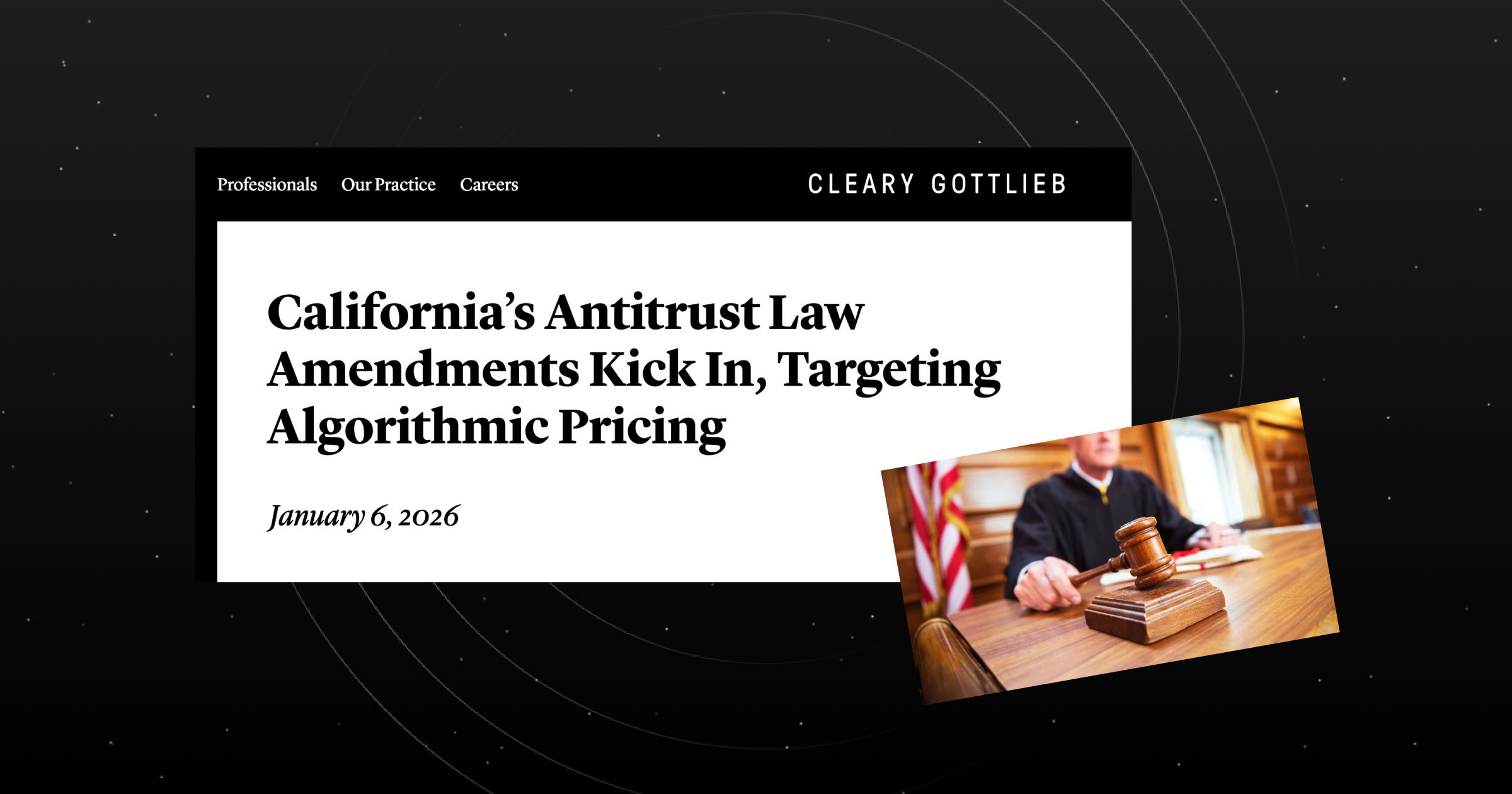Hyperpersonalization: What it is and how it can improve guest loyalty

Hyper-personalization in hospitality refers to using advanced data analytics, artificial intelligence (AI), and automation to create deeply individualized guest experiences. Unlike traditional personalization, which relies on general segmentation, hyper-personalization adapts in real time to guest preferences and behaviors.
It is quickly becoming a competitive differentiator in the hotel industry, enabling brands to deliver exceptional guest satisfaction, increase direct bookings, and maximize revenue.
Core Elements of Hyper-Personalization
Data-Driven Approach
Hotels collect and analyze data from multiple touchpoints—bookings, loyalty programs, social media, and in-stay behaviors.
Micro-Segmentation
Guests are grouped into smaller, highly specific segments based on behavior, preferences, and patterns.
Tailored Experiences
Every stage of the guest journey—from pre-arrival to post-stay—can be customized.
Real-Time Adaptability
Systems adjust instantly to guest actions, such as updating offers or amenities based on booking behaviors.
Predictive Capabilities
AI and machine learning anticipate guest needs before they are expressed, enabling proactive service.
Practical Applications of Hyper-Personalization
Personalized Pricing and Offers
Dynamic pricing engines can tailor promotions and discounts based on booking history, loyalty tier, or seasonal preferences.
Pre-Arrival Surveys
Hotels use surveys to capture preferences—room setup, pillow type, or special occasions—ensuring the room is perfectly prepared before check-in.
In-Room Amenities and Services
Guest preferences are reflected in-room. For example, wine preferences, snack options, or personalized toiletries.
IoT-Enabled Room Controls
Smart devices allow guests to control temperature, lighting, and entertainment. Over time, these systems learn preferences and auto-adjust for comfort.
Anticipating Guest Needs
By analyzing history and patterns, hotels can anticipate requests, such as offering a customized menu for guests who frequently order room service at specific times.
Customized Marketing Campaigns
Hyper-personalized campaigns deliver relevant offers, such as spa packages for guests with a history of wellness bookings.
Real-Time Adaptability
Hotels can respond to live demand—for instance, offering special last-minute deals to a guest searching for immediate availability.
Benefits of Hyper-Personalization in Hotels
- Increased Guest Satisfaction: Tailored experiences create emotional connections.
- Higher Loyalty and Retention: Guests are more likely to return when their needs are anticipated.
- Revenue Growth: Personalized offers increase upselling and cross-selling opportunities.
- Operational Efficiency: Automation reduces guesswork and manual effort.
- Competitive Differentiation: Hyper-personalization helps hotels stand out in crowded markets.
Conclusion
Hyper-personalization is no longer optional—it’s the future of hospitality. By leveraging AI, automation, and real-time data, hotels can create experiences that feel unique to every guest. From personalized room setups to predictive offers, hyper-personalization builds loyalty, improves satisfaction, and drives revenue growth.
Hotels that embrace this approach today will be better equipped to meet rising guest expectations tomorrow.





